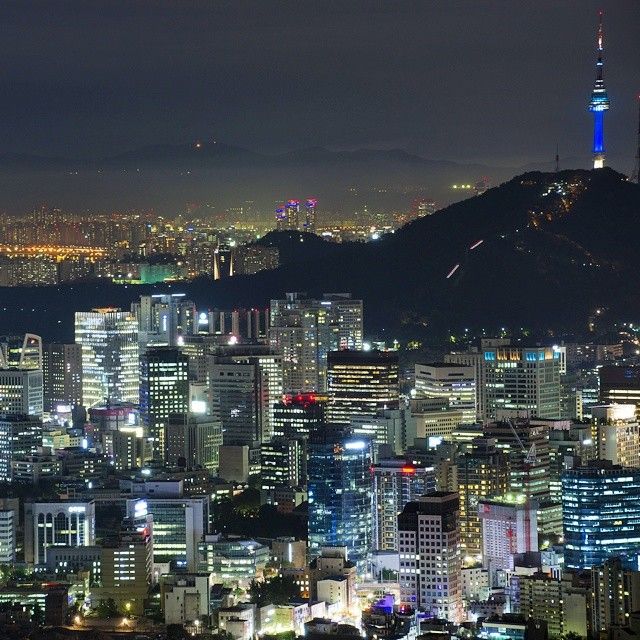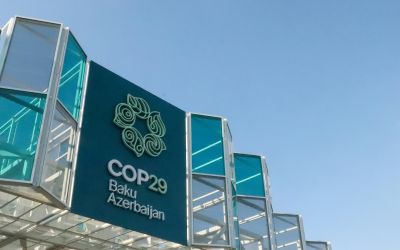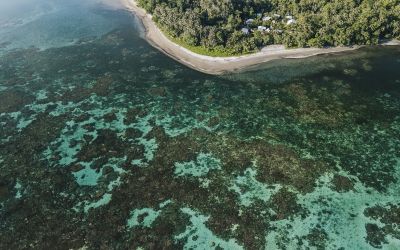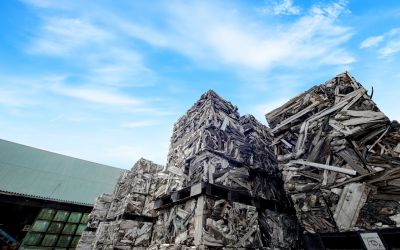South Korean carbon market launched
South Korea’s carbon emission market opened on Monday and the initial price for allowances has been at a similar level to that of the European carbon exchange

South Korea’s carbon emission market opened on Monday and the initial price for allowances has been at a similar level to that of the European carbon exchange.
The Korea Exchange (KRX) initiated the national cap-and-trade system to complement the government’s efforts to curb greenhouse gas (GHG) emissions to 30 per cent below business-as-usual (BAU) levels over the next five years.
525 local companies are subject to trade an emission quota of 15.98 billion Korean Allowance Units (KAU), with one KAU equivalent to a tonne of carbon dioxide gas.
KAUs started trading at 7,860 won ($7.26) and closed at 8,640 won after two hours of trading in the morning, similar to the closing price of €6.7 (8,625 won) on the European Energy Exchange on the same day.
The traded volume of carbon emissions amounted to 1,190 tonnes worth 9.74 million won.
The market is open to companies that are subject to the country’s emission quota as well as three state-backed lenders.
In the early stages of the market from 2015 to 2017, companies under the emission target will receive carbon allowances for free.
The KRX said it will operate the derivative market for shortened hours before extending them to full operation.
At an opening ceremony held at the Busan headquarters, KRX Chairman Choi Kyung-soo said: “I expect that the carbon trading scheme will help (companies) effectively reduce carbon emissions and help the green industry grow. (The KRX) will make efforts to develop the carbon market in the mid- and long-term, not focusing on the short-term market performance.”
Experts have predicted thin trading for the KRX this year due to a lack of confidence in the new market and the flexible accounting system, saying that trading will pick up starting in 2018, when the second stage of the program begins after a three-year grace period.
In the long term the scheme is expected to boost the green energy market with South Korea, the world’s seventh-largest carbon emitter, facing growing pressure to join global efforts to tackle climate change.






